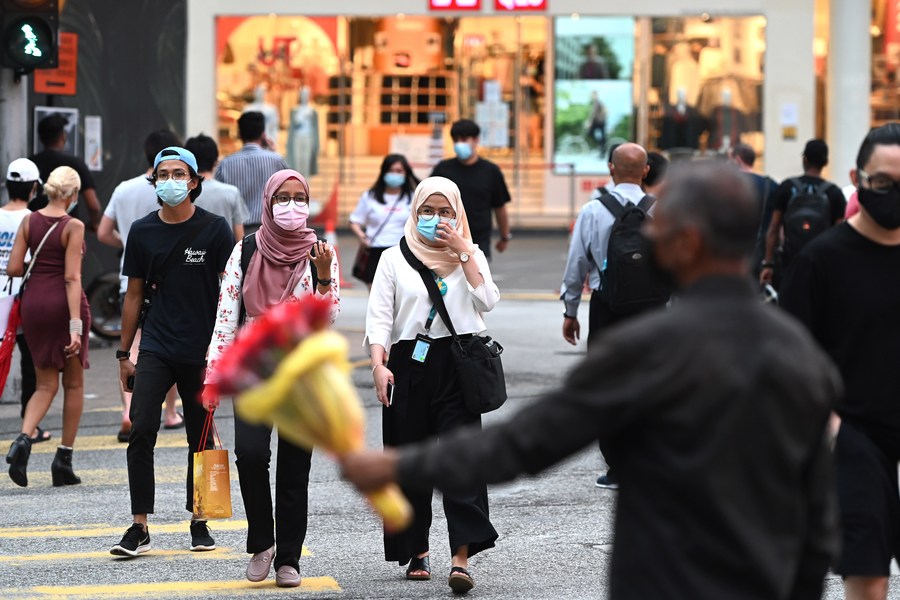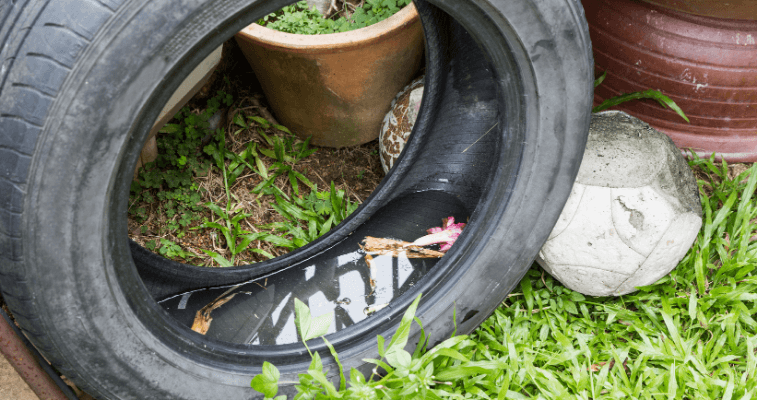Dengue Cases Rose By 200% In 2023. Here's Why ASEAN Dengue Day Needs To Be Taken Seriously
With cases rising so dramatically across the region, the upcoming ASEAN Dengue Day may hold some promise for more effective and integrated dengue management.
Did you know that ASEAN Dengue Day falls on 15 June?
Dengue has been a longtime issue globally, pushing the 10th ASEAN Health Ministers Meeting in 2010 to declare 15 June as ASEAN Dengue Day (ADD). Since then, ADD has been observed every year to help strengthen relevant dengue information exchanges, raise awareness, and intervene against dengue.
It also serves as a reminder that dengue is not to be taken lightly, which has been a growing concern.
This year, ADD will be commemorated at the 6th Asia Dengue Summit 2023 in Bangkok from 15 to 16 June
Themed "Road Map to Zero Dengue Death", thousands of experts and physicians will be coming together to help prevent and treat dengue with the best information.
However, combatting dengue isn't just the job of ASEAN states, governmental bodies, or physicians — it is a collective effort that involves the public.
And now, it's more important than ever to come together to prevent dengue, because as of April 2023, Malaysia has seen a 200% spike in dengue cases.
Deputy Director-General (Public Health) Dr Norhayati Rusli said that the cumulative number of dengue cases reported from January 2023 onwards was 33,325, 204.2% higher than the corresponding period of 2022, which reported 10,954 cases.
"A total of 21 deaths were also reported compared to five during the same period in 2022," she said, as reported by Free Malaysia Today.
It seems we are in the midst of what experts call a "cyclical transmission of dengue fever", where a surge in dengue cases occurs every three to five years
Due to this phenomenon, dengue cases are expected to continue their upward trend and peak in the next two years in Malaysia.
Factors that could have contributed to the upward trend include weather, temperature, flood disasters, and the reopening of all sectors.
As such, it's important that the public take precautionary steps to protect themselves from dengue. Here are several preventive measures:
- Spray your home with mosquito aerosol spray
- Use Abate powder in water containers or other items that accumulate water, such as decorative ponds, toilet pumps, unused bottles, and discarded tyres
- Install mosquito netting on your doors and windows, or keep them closed as much as possible
- Wear long-sleeved shirts and long pants to reduce the risk of being bitten by mosquitoes
- Regularly empty and scrub all your flower pots, containers, rubbish bins, and anything that may contain stagnant water. This helps to prevent mosquitoes from laying eggs in the water.
- Avoid places where dengue fever is rampant
Dr Koh Kar Chai, General Practitioner & Past President of the Malaysian Medical Association, said, "Dengue is endemic in Malaysia, and the available measures to prevent breeding sites, kill adult mosquitoes, and protect ourselves from getting bitten are important".
"However, as these measures are not completely preventable, we must also look towards a more holistic strategy to manage dengue and stay up-to-date on any new interventions that may offer additional protection to combat the worrying rise in dengue cases here in Malaysia," added Dr Koh.
Let's take dengue seriously and make a continuous effort to #kNOwDengue and prevent it — #jomhalaudenggi, beyond ASEAN Dengue Day.
This is an opportunity for us to refresh our knowledge and step up our efforts in keeping our households dengue-free. For more information, visit this website.
The information provided is for educational and communication purposes only and it should not be construed as personal medical advice. Information published in this article is not intended to replace, supplant or augment a consultation with a health professional regarding the reader’s own medical care.




